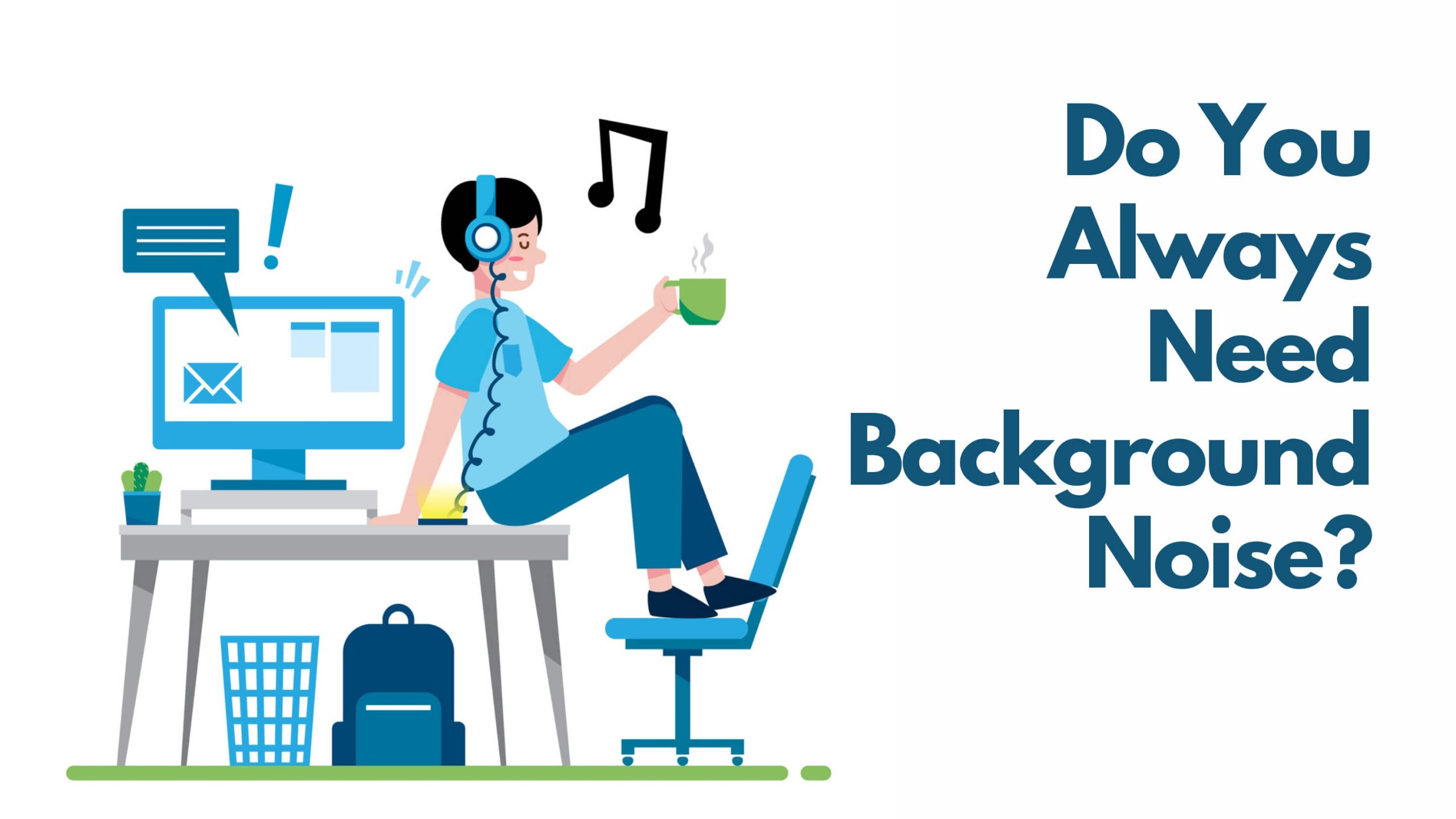There is always something to distract us these days. Often, as we do other things, we also have background noise or something to add more stimulation: maybe it’s a podcast, a video, music, or an audiobook, or just plain old television playing. While some activities lend themselves to this additional distraction, others can suffer from it.
Consider that it’s not always a good idea to have something in the background. Let’s examine the reasons why.
It does distract you
You might feel that the distraction is tiny, barely noticeable. But it is there. Things playing, noise, changes, even music can capture your attention and keep it away from the task at hand. Sure, it might not be a big deal but sometimes, it can keep you also from doing your best work.
Getting distracted can be a bit risky – if you’re handling a knife or a sharp object, you need to focus more on whatever you are doing to avoid an accident or a small mishap. When doing tasks that require precision, it’s also important to pay attention.
Your attention is more limited than you expect
We tend to overestimate our ability to pay attention. We believe that it’s much more flexible and capable, and this is true of most people. However, we can really pay attention to one thing at a time. Our full attention is what allows us to engage with tasks or activities, enjoy them in their totality, and have more fun than you would otherwise.
Even unpleasant or difficult activities can be enjoyed more if we give them our full attention. Being present in the moment is what helps us stay engaged and reduce worries about the past or the future. It can help us be more present and live our lives in a genuine way. Remember that your attention is limited, and when you try to do more than one thing, even if one is just a podcast playing in the background, then the quality of your enjoyment and performance both suffer.
Your mind does pay some attention to the background noise
Sure, you might not be able to repeat, word for word, what you heard in the audiobook or even be certain what you were listening to. However, in the moment, it still drains some amount of your energy and attentional resources.
Consider that our brains are wired to really be focused on one thing at a time. When we try to multitask, we just switch quickly between the different elements. Especially if there are constant changes, like shifts in the voice of the person speaking or just the shift between one song and the next, will attract your focus. Even if you think you’re not paying attention, the noise is leeching some level of your attention.
You are never alone with yourself
Sometimes, our distractions serve a deeper purpose or might simply have an unintended effect. We are never alone with our thoughts; there is always something to occupy our attention. This means that we don’t pay attention to our deeper concerns, thoughts, and ideas. We deny our brain the chance to explore and consider the different things brewing inside and often also deny ourselves the insights it could bring.
When we allow ourselves to be silent and listen to ourselves with no distractions, we can have some amazing experiences, discover new things about who we are and what we want. Silence can promote reflection, so it’s important we are not always blasting our thoughts away with music.
Multitasking rarely works
Multitasking can feel productive, but, actually, it’s very rarely productive in reality. Instead, it can make us perform worse. While music isn’t always a big enough distraction to count as multitasking, having something in the background can lead to our brain operating in a multitask mode, which can hurt performance. And the sneakiest thing about multitasking is that we don’t notice how much it affects us.
Overall, having music or a book or a podcast in the background can make routine, physical tasks easier. But sometimes, it can also interfere with work, creativity, and productivity, as well as introspection and reflection. It’s important to give our brain a chance to just be with its thoughts and focus fully on the task at hand.


